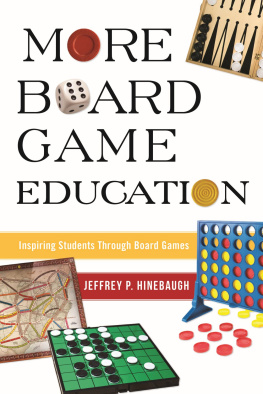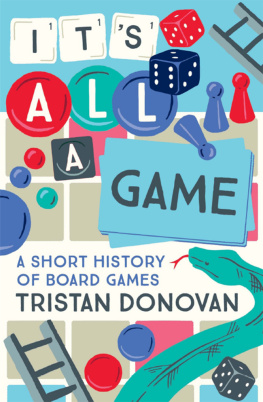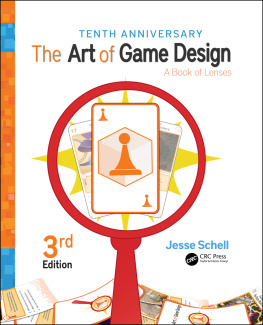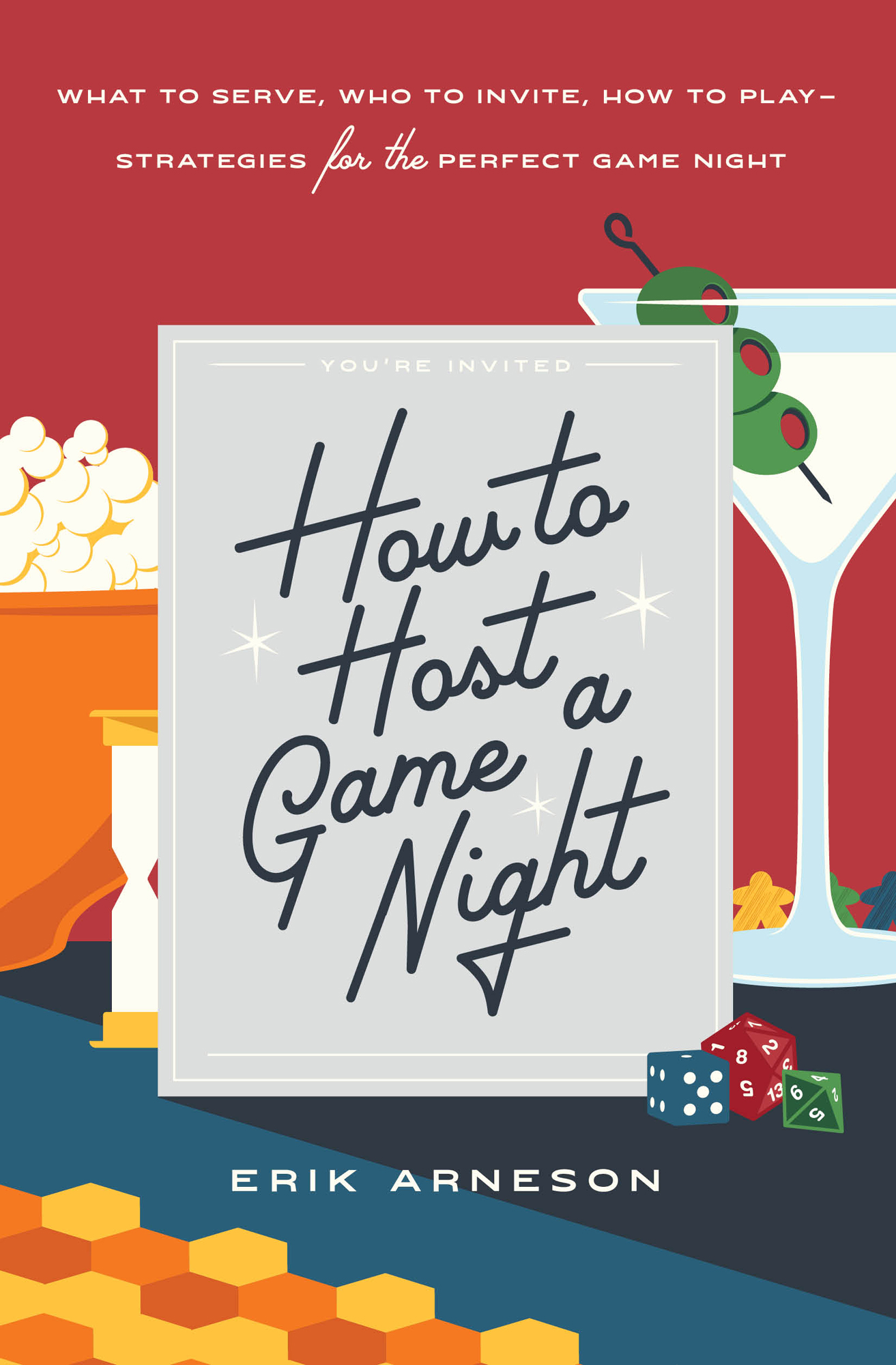Contents
Guide

An Imprint of Simon & Schuster, Inc.
1230 Avenue of the Americas
New York, NY 10020
www.SimonandSchuster.com
Some names and identifying characteristics have been changed.
Copyright 2020 by Erik Arneson
All rights reserved, including the right to reproduce this book or portions thereof in any form whatsoever. For information, address Simon & Schuster Subsidiary Rights Department, 1230 Avenue of the Americas, New York, NY 10020.
First Tiller Press trade paperback edition October 2020
TILLER PRESS and colophon are trademarks of Simon & Schuster, Inc.
For information about special discounts for bulk purchases, please contact Simon & Schuster Special Sales at 1-866-506-1949 or .
The Simon & Schuster Speakers Bureau can bring authors to your live event. For more information or to book an event, contact the Simon & Schuster Speakers Bureau at 1-866-248-3049 or visit our website at www.simonspeakers.com.
Interior design by Jennifer Chung
Cover art and design by Patrick Sullivan
Dice illustration by Shutterstock
Author photo by Duke Morse
Library of Congress Cataloging-in-Publication Data has been applied for.
ISBN 978-1-9821-5047-1
ISBN 978-1-9821-5048-8 (ebook)
For James Miller
Thank you for welcoming us into your wonderful world.

Authors Note
While I was writing this book, a lot of wonderful people told me a lot of fascinating stories, many of which are recounted here. I generally use peoples real names, but in some cases pseudonyms are used at the request of those who shared with me.
Introduction: A Great Time to Be a Gamer
These days the bulk of our entertainment exists on screens. Between phones, tablets, computers, and televisions, the average American spends more than eleven hours a day on their devices, according to a 2018 report from the marketing research company Nielsen. Even books, magazines, and newspapers are often read on electronic devices.
So why is it that board games and card games are, by almost any measure, better and more popular than ever?
There are some analog reasons, such as spending time with friends and family and improving cognitive function. In one study, the risk of dementia was 15 percent lower among those who played board games than in those who did not; And dont underestimate the appeal of plain old nostalgia. Theres something timeless and wonderful about gathering around a game table, even if many of your gaming memories involve family squabbles while playing Monopoly on Thanksgiving.
But ironically, much of the credit for the current renaissance of tabletop gaming must be given to those very same digital devices were so obsessed with. The thing is, you can only buy what you can find, and what takes a few seconds today (thanks to those devices) used to take a lot of effort.
Before the internet, most people bought games at big-box stores like ToysRUs and Walmart. By the very nature of those stores, the games that appeared there were expected to sell hundreds of thousands if not millions of copies, making it rare to see a game without a familiar publisher such as Milton Bradley (acquired by Hasbro in 1984), Parker Brothers (acquired by Hasbro in 1991), Selchow and Righter (the original North American publisher of Scrabble and Trivial Pursuit, aquired by Hasbro via Coleco in 1989), Mattel, Ideal, and Pressman. Local toy shops tended to have a limited selection of tabletop games, and those they did carry were usually childrens games. There were dedicated game stores here and there, along with a few mail-order opportunitiesthe Baltimore-based game company Avalon Hill, for example, included an order form for additional games in its game boxesbut finding quality new games that could be enjoyed by adults was generally accomplished by only a dedicated few.
Today, its an entirely different story. Thousands of new games are published every year, many by small, creative companies that simply would never have been able to survive without the ability to connect with customers via the internet.
At Kickstarter, the most popular crowdfunding website, the games category has generated more revenue than any other, and tabletop gamesincluding board games, card games, and roleplaying gamesare the biggest success stories by far. Project backers pledged more than $176 million to more than 2,700 successful tabletop game projects in 2019, vastly outpacing the $16 million pledged to video games. Not every game launched on Kickstarter is funded, but those numbers are solid evidence that the world of indie game design and publishing has never been stronger. Thats great for gamers because it means were treated to an ever-increasing number of fantastic games.
Impressive as that $176 million is, its still a small slice of the overall tabletop gaming pie. For example, Hasbro, whose game catalog includes evergreen titles like Monopoly, Magic: The Gathering, and Dungeons & Dragons, reported more than $1.5 billion in revenue from its gaming category in 2019,
Just as the internet has made it easier to find exciting new games, it has also made it simple for gamers to find one another and share their thoughts about those games. One of the best resources is the website BoardGameGeek.com, which boasts an amazing database of games rated by gamers around the world and is home to a dazzling variety of videos, game reviews and previews, game designer diaries, forums, and much more. The Geek, as its affectionately known, has a huge influence on the hobby gaming industry, best explained by a few numbers: BGG has 2.5 million registered users (Im proud to be number 48), 5 million unique visitors every month, and nearly 100 million page views per month. Game publishers love seeing their games appear on The Hotness, the Geeks constantly updated list of the fifteen most-viewed game pages thats displayed, by default, on every page of the site. (And BGG users love to debate how much impact being listed on The Hotness really has!)
Scott Alden cofounded BGG in 2000 while working full-time as a video game software developer. Six years later, the website had become so popular that he left his other job to run the company, one of the earliest signs of the dramatic expansion the board game industry was about to undergo. The Geek now has twenty employees and seventy-five volunteer administrators. In addition to running the multifaceted website, BGG hosts two BGG.con game conventions in the Dallas area every year, plus one on a cruise ship.
Another early sign of the pending board game renaissance was the 2005 emergence of The Dice Tower, a podcast created by Tom Vasel. Over the past fifteen years The Dice Tower has grown into an entity that hosts more than two dozen podcasts (including three of my favorites: This Game Is Broken, Ludology, and Board Games Insider), organizes annual conventions (one on each coast of the U.S. and a third on a cruise ship), presents an annual set of board game awards, and creates far too many videos to count: The Dice Tower YouTube channel typically posts six new videos every day. Six new videos. Every. Day. Six! Its fair to call The Dice Tower a small media empire.
Speaking of YouTube, Wil Wheatons






![Emanuele Feronato [Emanuele Feronato] - Flash Game Development by Example](/uploads/posts/book/120345/thumbs/emanuele-feronato-emanuele-feronato-flash-game.jpg)
![Ethan Ham [Ethan Ham] - Tabletop Game Design for Video Game Designers](/uploads/posts/book/119417/thumbs/ethan-ham-ethan-ham-tabletop-game-design-for.jpg)



